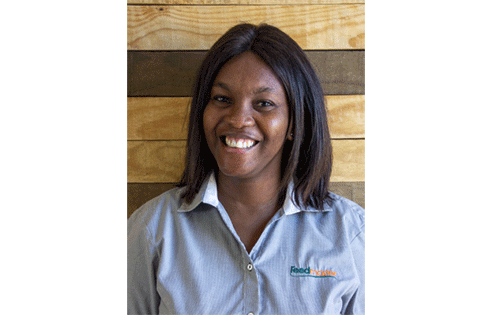It is again ploughing season; some areas have received great showers, and others have received moderate rain. During this time, most poultry farmers move their free-range chickens into coops so that they do not destroy their fields.
However, within a week or two, they might notice their chickens are fighting, the hens are no longer producing, production decreases, and the flock starts showing signs of sickness. Flock productivity is negatively affected. How can this then be avoided?
Moving your flock from a free-range set-up into a coop can lead to extra stress. Too often, the coops are small, and the flock tends to stress due to limited space. This stress leads to fights and injuries within the flock.
When setting up the coop, it is essential to consider that each adult chicken needs a minimum of 10cm feeding space, and one nest for four hens to avoid fighting and sufficient feed intake. Place enough drinkers, and offer daily fresh and cool water.
Another factor to consider is the rooster-to-hen ratio, which should be 1:10-12, respectively. The danger of having many roosters for a few hens is that the hens can be roughed up, leading to low productivity.
Check the flock daily for injured hens serviced too often by multiple roosters. Injuries and blood attract chickens, and problems like cannibalism can occur in stressful atmospheres. Farmers should avoid constructing their coops with wooden material, such as wooden poles, because external parasites tend to harbour in them. It is advisable to use metal or plastic, as it is also easier to clean.
Most farmers place their multi-age flock in the same coops. After a few days, pullets can show signs of discomfort and illness. Remember that the immune system of pullets is not as developed as that of adult chickens.
Should there be a disease in the flock, the pullets are the ones which will be affected first. The affected birds should be diagnosed with the help of a veterinarian to ensure that the correct treatment is given to them.
Wrong usage of medication can lead to resistance, or worsen the problem. Producers should move injured birds away from the rest of the flock, but if birds show signs of disease, the whole flock must be treated. Producers tend not to properly vaccinate their flock, which is an essential practice in poultry farming to have a bulletproof pullet. Below is an example of a vaccination schedule a veterinarian has compiled. This is just a preliminary schedule, and should be adapted to the producer’s requirements.


